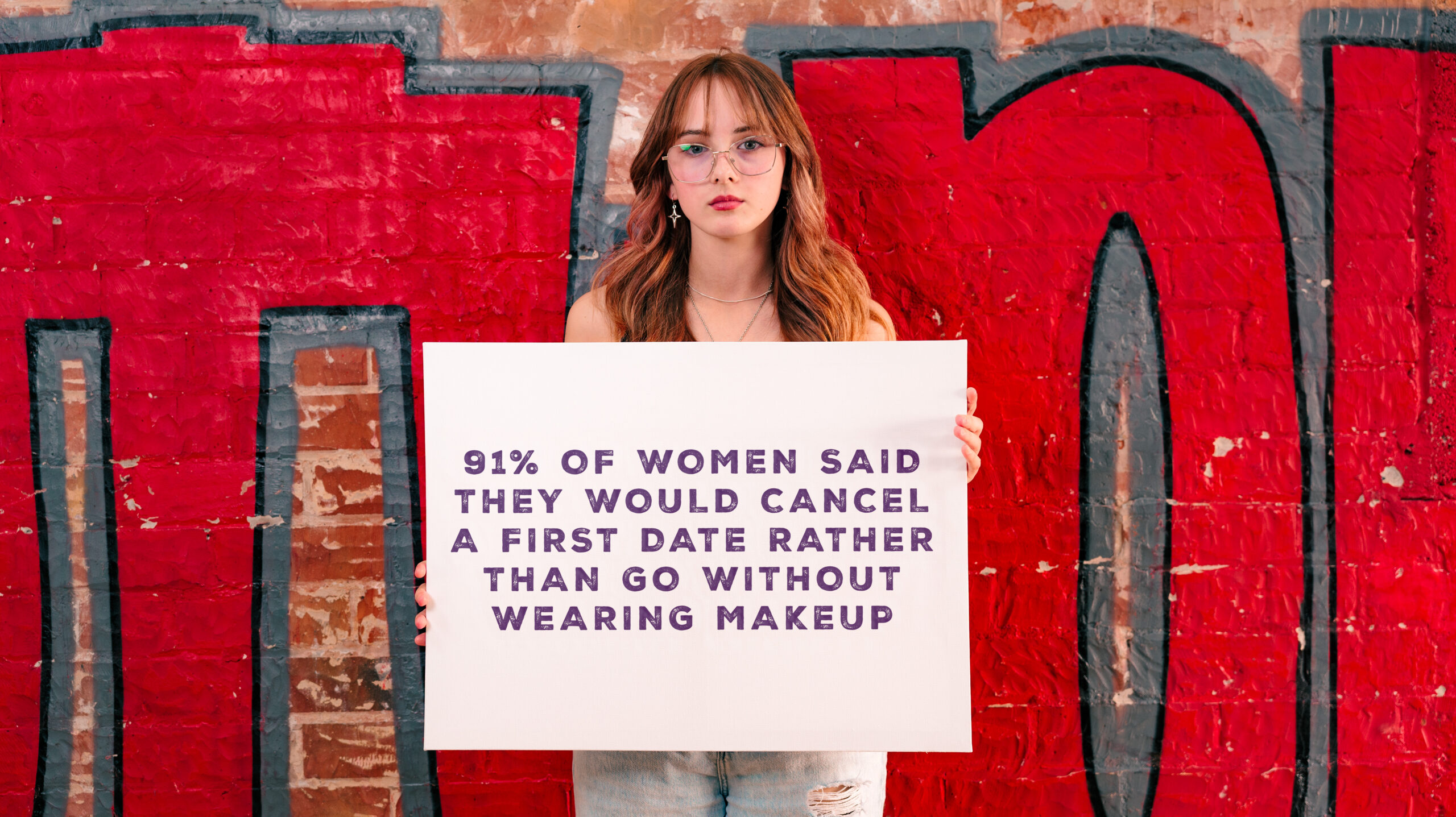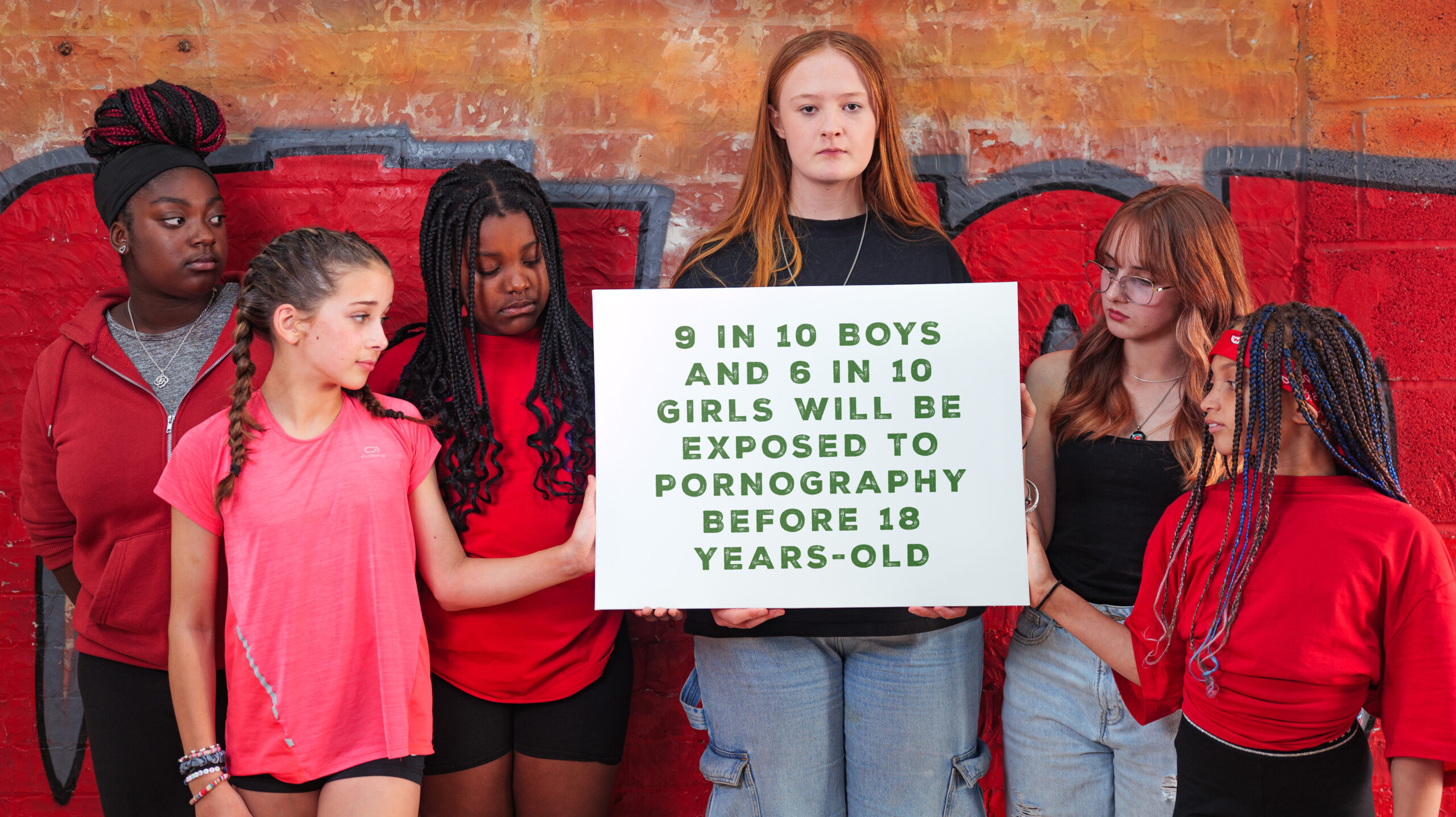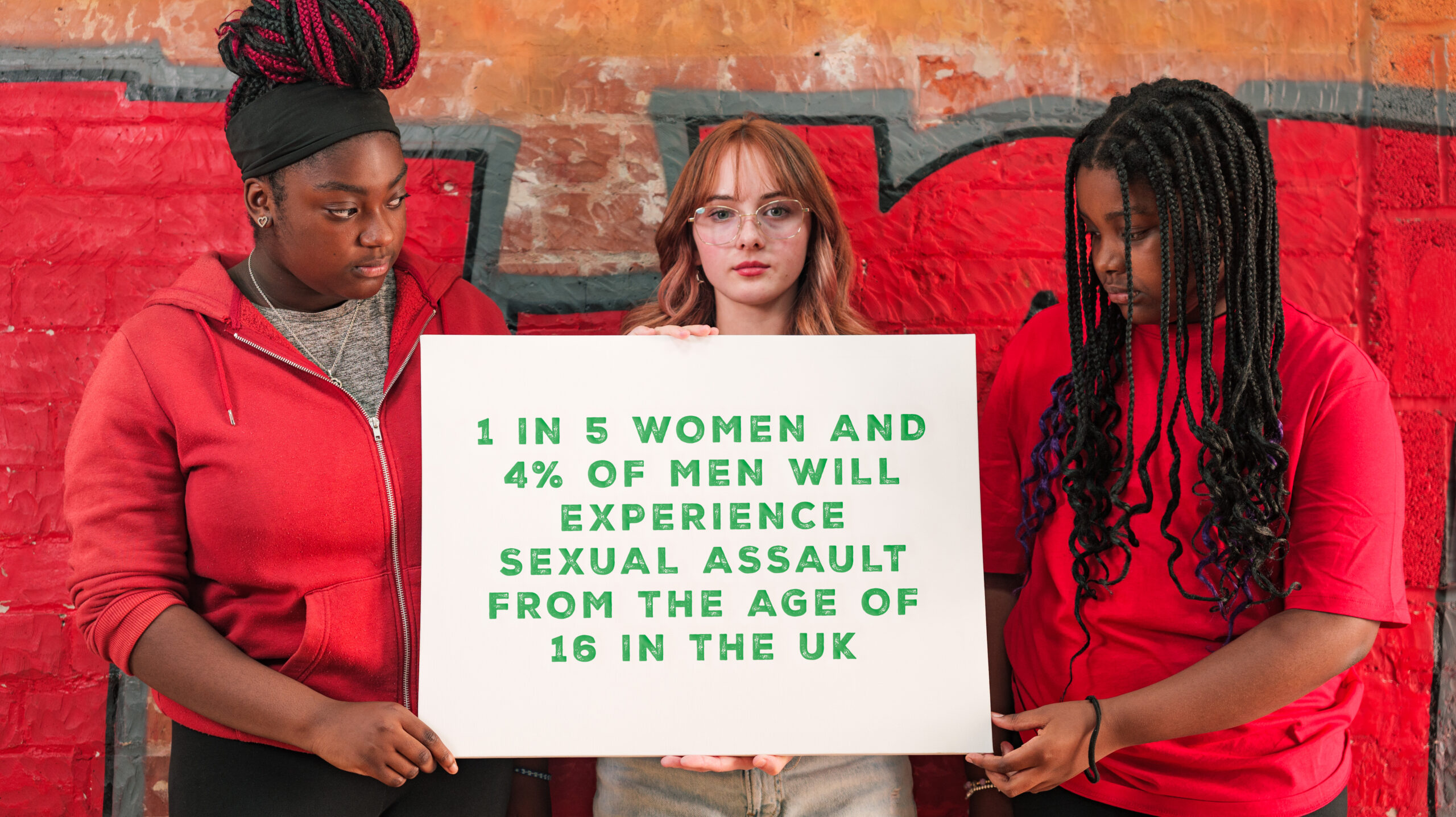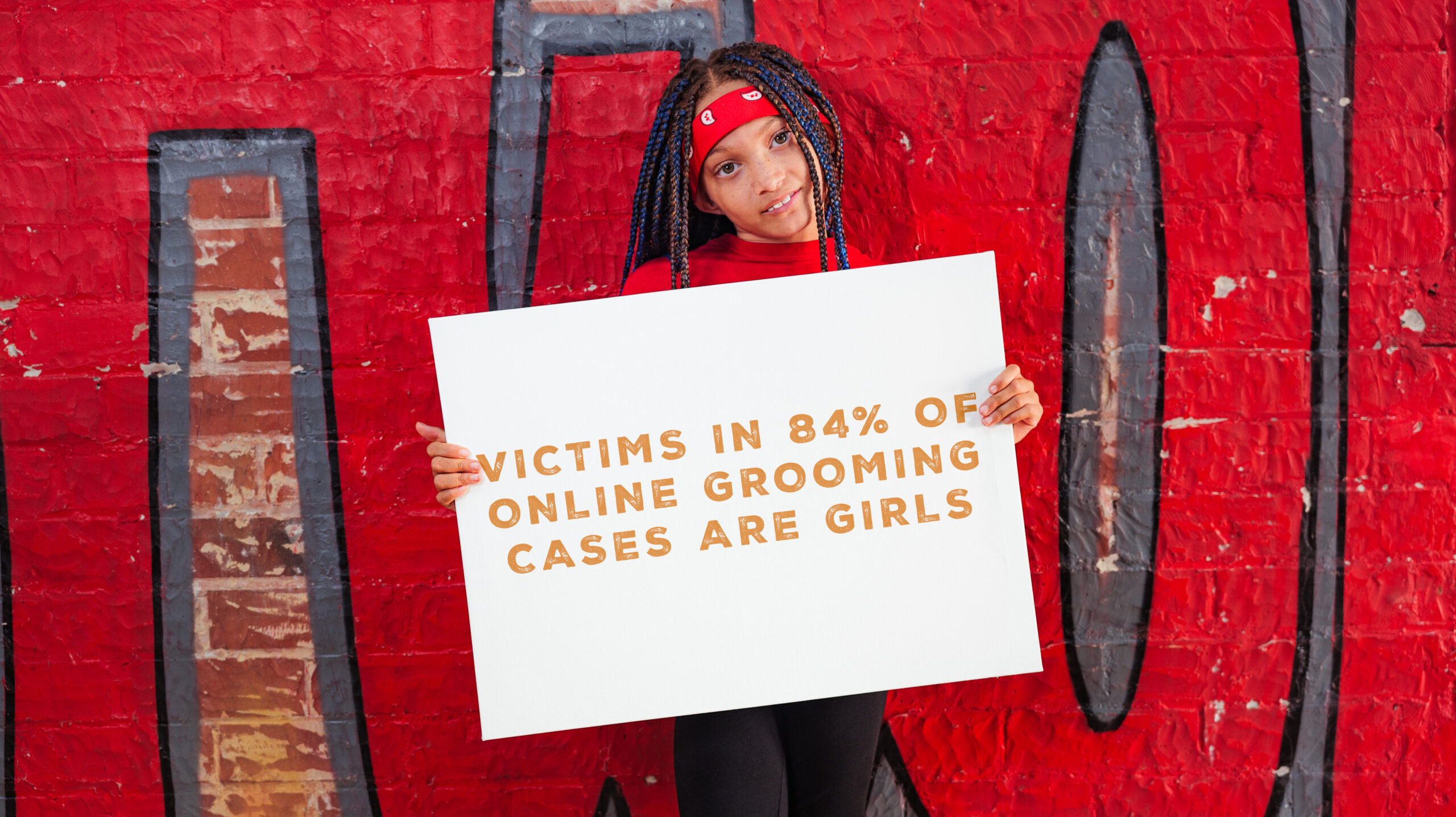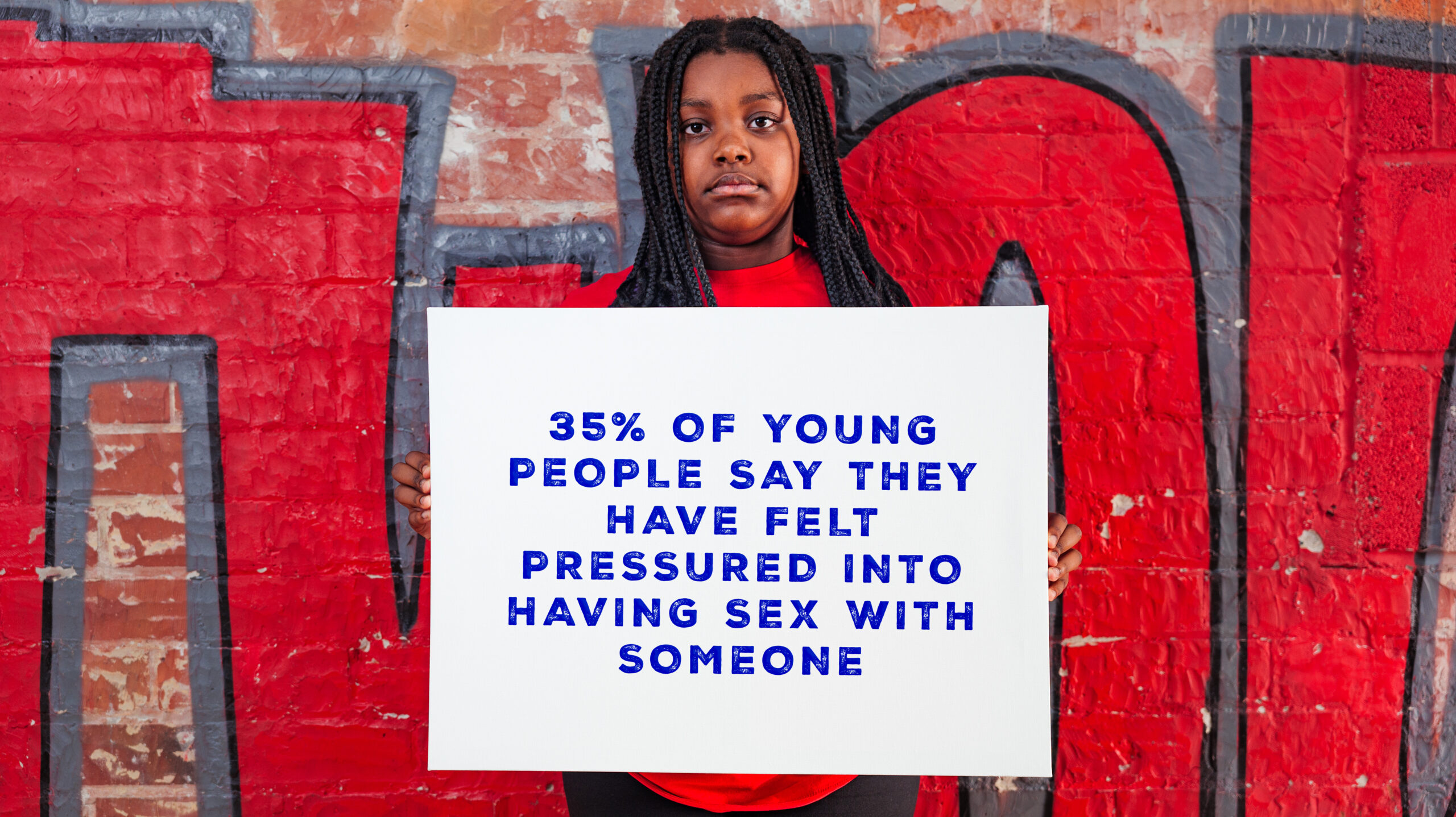Psychologists tell us in order to feel fulfilled we need to know that we are loved, accepted and valued. But what happens when we don’t find this in our romantic relationships?
This lesson explores gender stereotypes and cultural norms that create pressure surrounding sex. We define love and lust, what it looks like to be loved in a positive relationship and highlight characteristics of unhealthy behaviours in abusive relationships.
Ideal for Year 9 and above.
Learning objectives
Identify attitudes towards sex and their impact on how we view women
Understand characteristics of healthy vs unhealthy relationships
Develop strategies to safeguard ourselves and end an unhealthy relationship
Key content
Exploration of the stages of development in a romantic relationship
Discuss cultural attitudes towards sex, connotations attached to these and possible responses
Rated vs slated: exploration of gender stereotypes and acceptable sexual behaviour
Definition of sexism and exploration of this
A critical look at the messages we receive regarding appearance and conduct in relationships
Exploration of societal pressure on girls surrounding sex and how this affects their choices in relationships
Discussion on love vs lust and characteristics of each
Topical vox-pops from teens around the UK
Definition of gaslighting, characteristic behaviour and warning signs
Practical tips for ending an unhealthy relationship
Exploration of positive relationships and healthy boundaries
A Christian response to this topic inc. biblical teachings on the importance of guarding ourselves and respecting our value
Signposting to appropriate agencies and additional sources of support
Key curriculum themes
Health and wellbeing: Self-concept, Mental health and emotional wellbeing, Managing risk and personal safety
Relationships: Positive Relationships, Relationship values, Forming and maintaining respectful relationships, Consent, Bullying, abuse and discrimination, Social influences
Living in the wider world: Choices and pathways


